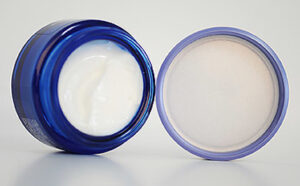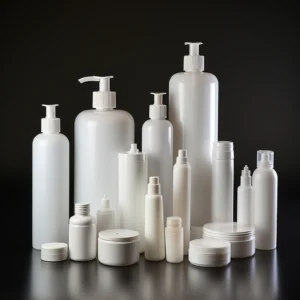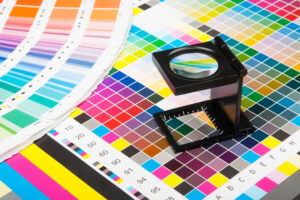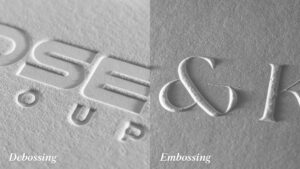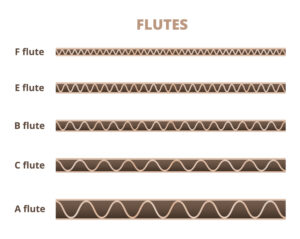What You’ll Learn in This Blog:
- How sustainability is reshaping the beauty industry
- 7 game-changing trends you need to know
- Real-world examples of brands leading the way
Introduction:
Once upon a time, beauty was all about looking flawless, perfect skin, perfect hair, perfect packaging. But today, we’re embracing a more conscious, more connected kind of beauty. One that honors imperfections, celebrates quirks, and respects our planet. Sustainability is no longer a whisper in the wings. It’s center stage. 🌍💄 From refillable packaging to carbon-neutral commitments, we’re in the midst of a transformation where glam meets green and responsibility becomes the new radiance.
So join us as we explore seven powerful trends leading the sustainable beauty revolution.
1. The Packaging Renaissance: Do you know nearly all (95%) of cosmetic packaging is thrown away. Imagine a world where your favorite skincare jar doesn’t end up in a landfill but instead finds a new purpose—or better yet, never leaves your home. That’s the vision driving zero-waste packaging. It’s not just about aesthetics anymore; it’s about accountability. Examples include L’Oréal’s Seed Phytonutrients, which features shower-safe, compostable paper bottles, and Kjaer Weis, offering refillable metal compacts that merge eco-consciousness with luxury. For an in-depth exploration of this trend, consider delving into the comprehensive Zero Waste Beauty Report 2025.
2. Turning Waste into Wonder: Have you ever considered that yesterday’s coffee grounds could become today’s luxury face scrub? Upcycling is redefining beauty by transforming food industry byproducts into luxurious skincare solutions. Ingredients like coffee grounds, fruit peels, and olive pits, rich in nutrients, are repurposed into serums, scrubs, and hair masks, showcasing the creativity of sustainability. Brands like UpCircle Beauty use recycled coffee grounds from cafes, while BYBI Beauty incorporates upcycled fruit extracts, such as strawberry oil from discarded juicing seeds, proving that nothing truly goes to waste. Read more about this trend here
3. The Waterless Movement: In a world where water scarcity is a pressing issue, beauty brands are asking a bold question: What if we made products without water? Enter waterless beauty, a movement that’s taking the industry by storm. Instead of liquid cleansers and shampoos, think concentrated powders, bars, and solid balms. These products last longer, weigh less, and reduce water usage during production. Brands like Ethique lead with solid beauty bars for shampoo, conditioner, and face wash, while Lush Cosmetics champions “naked” products such as bath bombs and solid cleansers, proving small changes can drive significant global impact. Read more about waterless beauty here.
4. Nature’s Clean Slate: As consumers, we’ve become hyper-aware of what we’re putting on our skin—and what we’re washing down the drain. Sustainable ingredients including biodegradable and clean are taking center stage, replacing synthetic chemicals with earth-friendly alternatives. The result? Products that are gentle on your skin and safe for the environment. Brands like Biossance use squalane derived from sugarcane to reduce environmental impact, while REN Clean Skincare focuses on biodegradable formulas and supports marine ecosystems through its Ocean Plastic Programme. Explore more Clean Beauty brands and products here
5. A Carbon-Neutral Commitment: The journey to sustainability doesn’t stop at the product. It’s about the entire process, from sourcing raw materials to the moment a product lands on your shelf. Many beauty brands are committing to carbon neutrality, investing in renewable energy and offset programs to balance their emissions. It’s not just about looking good—it’s about doing good. Aveda leads the way with 100% wind and solar-powered operations, while L’Oréal has set an ambitious goal: by 2025, it aims to power all its sites with 100% renewable energy.
6. The Transparency Revolution: Gone are the days of mystery ingredients and unclear origins. Today’s consumers demand transparency, and the introduction of MoCRA supports this by mandating comprehensive ingredient disclosures. Brands are responding with tools like QR codes that allow customers to trace the journey of their products, from sourcing practices to disposal instructions. This openness fosters trust and accountability, making sustainability a shared journey between brands and their customers. It’s a revolution built on honesty—and it’s here to stay. Leading examples include Beautycounter, which shares a comprehensive list of excluded ingredients and their reasons, and The Ordinary, known for clear labeling and science-backed, accessible formulas. PS: Listen to our podcast episode on MoCRA here
7. Sustainability Through Education: Perhaps the most powerful tool in the sustainability arsenal isn’t a product but a mindset. Beauty brands are stepping into the role of educators, empowering consumers to make informed, eco-conscious choices. Through social campaigns, workshops, and tips on recycling, they’re creating a movement that extends beyond individual products to a lifestyle of sustainability. L’Oréal’s Product Environmental & Social Impact Labelling system educates consumers about the environmental and social impact of their purchases, empowering them to make informed choices, while Fenty Skin emphasizes reducing waste and reusing packaging, inspiring individuals to contribute to a healthier planet with every decision.
Conclusion
These trends aren’t just passing fads, they’re markers of a deeper transformation in how we define beauty. No longer just about what’s on the surface, today’s beauty is about what we stand for: conscious consumption, environmental harmony, and collective well-being.
Whether you’re a brand shaping the future, a consumer making mindful purchases, or someone who simply believes that doing better is always in style, you’re part of this movement. Let’s keep challenging norms, asking the tough questions, and embracing choices that honor the planet. Because when beauty aligns with purpose, the impact is powerful, and long-lasting.
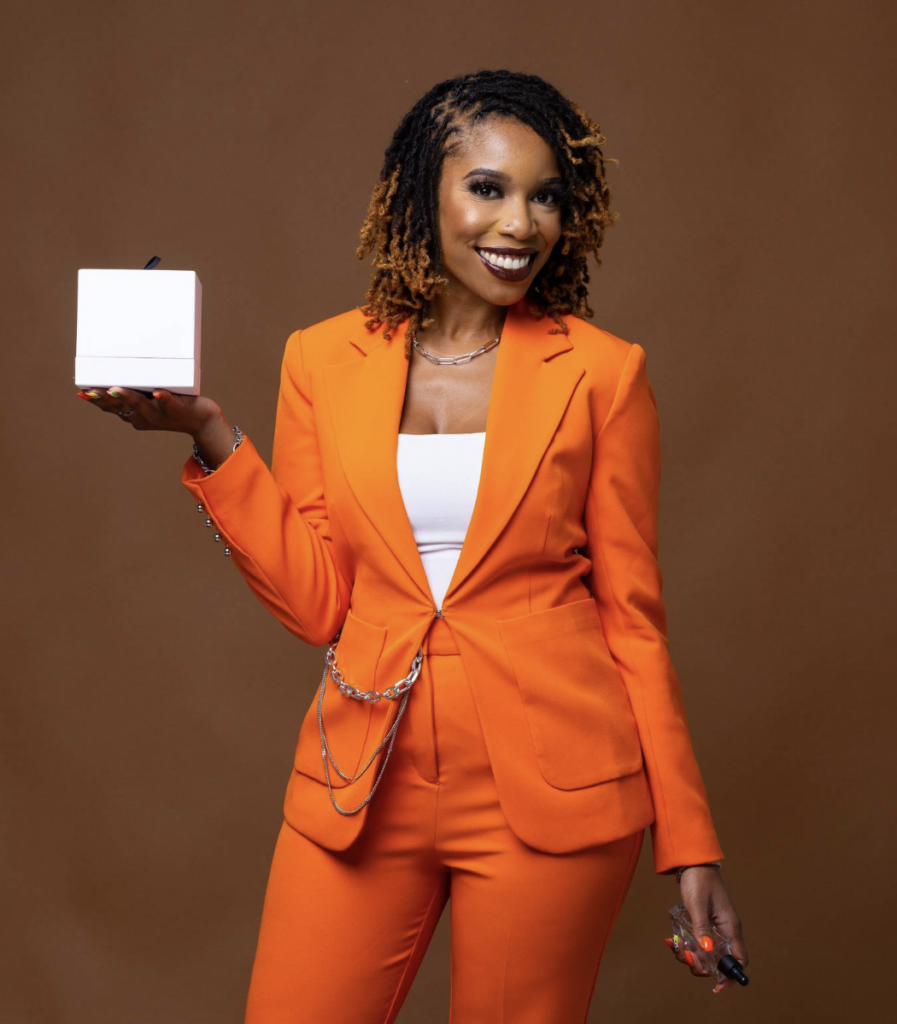
Megan Young Gamble, PMP® is a forward-thinking packaging and project management veteran with more than 10 years’ of experience transforming mere ideas into consumer product goods for today’s leading beauty, wellness, and personal care brands. Known amongst colleagues and clients for her perseverance and “see it through” mentality, Megan The Project ExecutionHER® is the owner and principal consultant of GLC, packaging & project execution team for CPG brands, Co-Owner of Pallet Pros, and Host of Product & Packaging Powerhouse Podcast.
- [FREEBIE] Learn about “day in the life” of a Packaging Project Manager → Get our “Starter Packaging PM Freebie” [link] https://glc.ck.page/thestarterpackagingprojectmanager
- Subscribe & Access our Video Vault YouTube Channel [ link] https://bit.ly/GLConYouTube
- Join our Email List [link] https://glc.ck.page/55128ae04b
- Follow and Connect with Megan on LinkedIn [link] https://linkedin.com/in/megangamble
- Learn about GLC, Packaging & Project execution firm for CPG brands http://www.getlevelconsulting.com
- Work with Me @ GLC, Schedule Discovery Call https://calendly.com/getlevelconsulting/15-minute-insight-session

